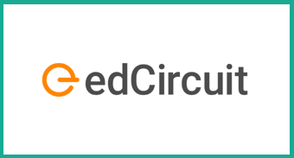
While there is no denying the challenge, educators worldwide are also seeing it as an opportunity to include diverse, real-world activities into their students’ STEM-learning experiences.
 The pandemic has upended nearly every aspect of our lives and most significantly in areas of education. Students and educators all around the world are gearing up to a new way of learning and teaching, and many subjects have successfully transitioned online. However, STEM learning is a particularly challenging area to replicate online since it requires fieldwork and physical access to laboratories. While there is no denying the challenge, educators worldwide are also seeing it as an opportunity to include diverse, real-world activities into their students’ STEM-learning experiences.
1 Comment
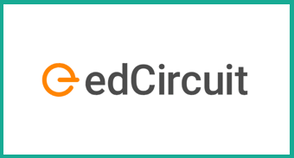
Jethro Jones, award-winning school leader and host of the Transformative Principal Podcast, is the guest on this episode of Mind the Gap. Jethro is author of the new book SchoolX: How principals can design a transformative school experience for students, teachers, parents – and themselves. In the interview, Jethro discusses his passion for focusing on the students who often feel “invisible” and shares stories from his school where staff and faculty were able to make this happen. He also explains how he personalizes the learning experience by responding to each student in a unique way rather than individualizing lesson plans, how he brings the design thinking process – including “prototyping” – to school leadership, how to make decisions that are based on the primary goals of your school, and more.
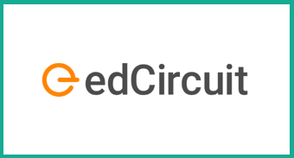
In the debut episode of Future of School: The Podcast (subscribe here), you’ll hear compelling perspectives and personal stories from a variety of participants in the U.S. education ecosystem. The episode begins with “Amy’s Thoughts,” presented by Future of School CEO―and the host of this podcast―Amy Valentine. Amy defines and describes the important differences between crisis schooling and effective online education (0:37).
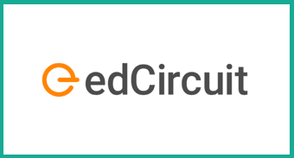 In 1971, Edward Deci, Professor of Psychology, and his team conducted a series of experiments to understand the relationship between motivation, reward and performance. In one experiment, students were given puzzles to solve, which they found engaging in itself. Students in the experimental group were paid money to work on the puzzles on the second day, while the control group did not receive any money. The experimenter gave a break in the middle of the experiment each day to see how long students played with the puzzles when left alone, as an indicator of their intrinsic motivation. 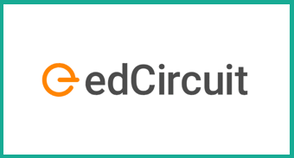
Julie Daniel Davis, a former Director of Instructional Technology and Innovation, has recently focused her attention on voice technology and its potential impact on education, a topic she’s extremely passionate about. As a result, she launched the Voice in Education weekly podcast, which over the course of 90+ episodes to date has explored the numerous benefits of this technology in the classroom.
Along the way, she’s been recognized as an Amazon Champion, a Bixby Premier Developer and the podcast was a finalist in the Project Voice Awards. 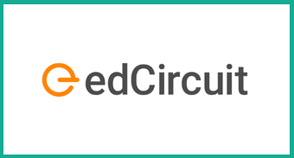 It may seem trivial to say the brain is what learns and, therefore, we need to know about the brain when we consider how to design educational experiences and improve learning outcomes. But until the late twentieth century, the brain seemed more like a black box than an organ whose processing could be understood and improved. In this Q&A, student entrepreneurs Anand and Anya Goyal, inventors of PowerCycle, share their experience developing this solar-powered bicycle while participating in the Conrad Challenge. 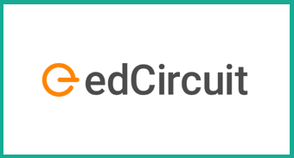 After becoming aware of the Conrad Challenge through their teachers, the siblings selected it because of the global platform and their positive interactions with the Conrad team. They had already begun development of a prototype before entering the competition, but found the supportive process and feedback to be invaluable, along with the pitch presentation and investor Q&A that forced them to ensure the invention was ready for real world application. They also found themselves inspired by the passion of Nancy Conrad, founding chair of the Challenge, to honor innovation that solves overlooked local and global challenges. As you’ll learn by reading about these impressive students, they have much in common with this mission. 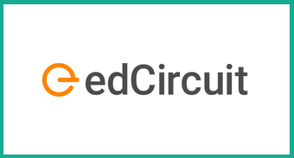 When people think of student entrepreneurs, the first that come to mind are the stories of moguls like Bill Gates and Mark Zuckerberg, who dropped out of university to create some of the most profitable companies in the world. And while their success is impressive and should be recognized, that type of fame and fortune can make the narrative about the journey and the experience seem unattainable to most. 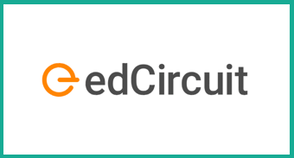 Rowena Atkins, Founder and Chief Executive of Song Academy, is an entrepreneur passionate about the creativity and power of young people. She started Song Academy to be a space that enables all young people to express themselves and be heard. Song Academy’s programs range from online songwriting clubs and school workshops to the annual Young Songwriter competition. Recently, the Academy has begun a partnership with Soundtrap, which has provided students with access to the innovative online studio, which has opened up new possibilities as students work on their audio creation skills in a number of environments. In this Q&A, Rowena shared some perspective on the genesis of Song Academy and the songwriting skills they are helping students to develop. She also shared insight on the power of technology, specifically Soundtrap, in enhancing the overall experience of music education and creation. The pandemic has given everyone in America an object lesson in education – but the emergency response experienced in the spring is far from the blended schooling model needed to thrive in the future… By Amy Valentine 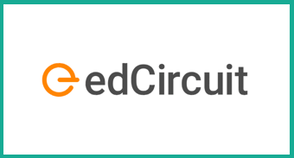 In the second half of the 2019-2020 school year, the American educational system underwent its most remarkable phase in history, forcing itself through a near-total shutdown of in-person learning and navigating midstream to an unanticipated, extended stretch of schooling from home before entering this summer’s intense discussion around reopening and future functioning. With the new year upon us, challenges persist, but before barreling further ahead with temporary fixes it’s an important moment to stop and ask: What have we learned? |
EditorialsHere you can find the Round Up's collection of editorial pieces and press releases where we will discuss the latest trends and ideas in educational technology FeaturedCheck out our featured review | ClassroomAPP: A Complete, K-12 Digital Platform for Online and In-Person Classrooms
ConnectAwardsArchives
November 2020
|
|
Except where noted, content on this site is licensed under a Creative Commons Attribution 3.0 License |
